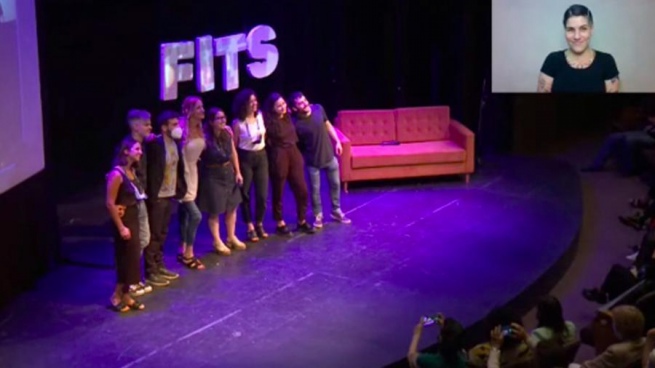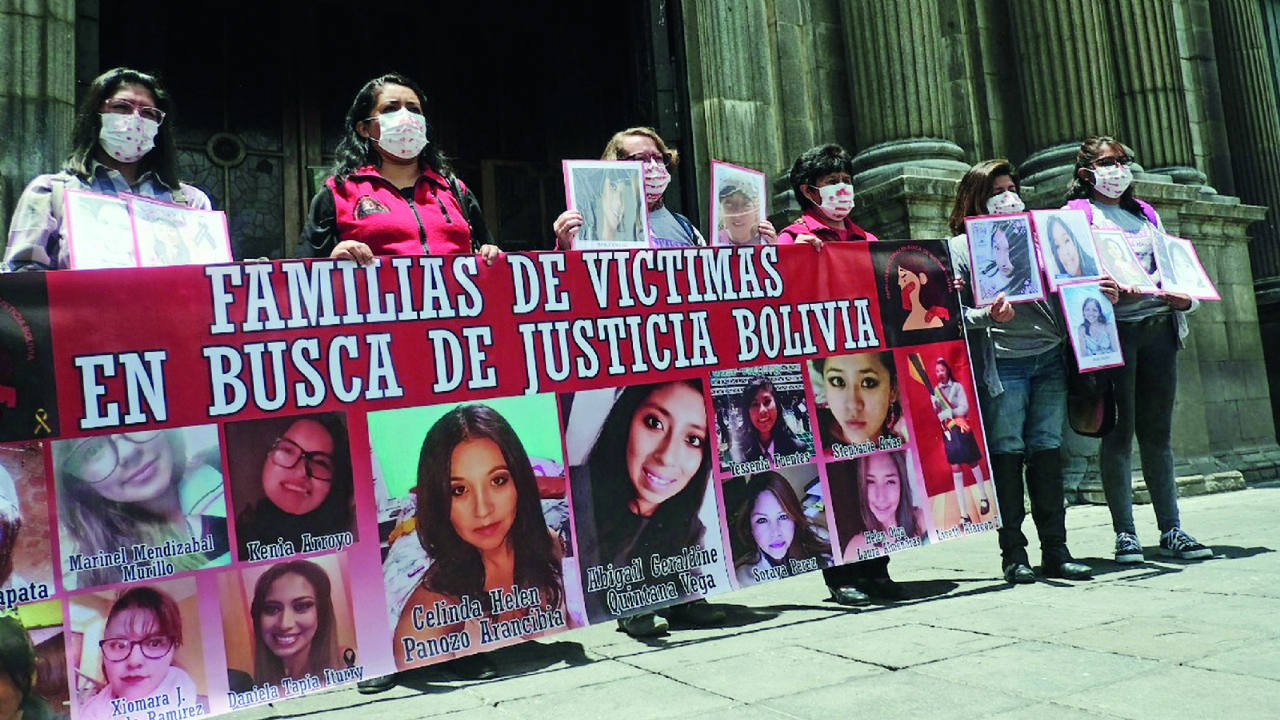Diversity in the technological field and the need to reduce the digital gender gap were the main axes of the Festival of Innovation and Social Technology – Gender (FITS), organized by the NGO Wingu, which this year was based in Argentina.
Wingu is a civic technology non-profit organization, has a multidisciplinary team that seeks to promote social projects and initiatives and maximize their impact through a process of digital transformation and the implementation of innovative technological developments.
The meeting took place last week virtually and in person at the Picadero Theater, in the city of Buenos Aires, and focused on the axes of Social Impact, Gender and Diversity Perspective, Civic Technology, Digital Communication, Leadership and Technological Tools.
One of the exhibitors, Carolina haddad, a technology specialist, identified the axes through which it is possible to contribute to increasing the representation of diverse identities from a intersectional approach in projects, in organizations: trans people, racialized people, people with disabilities, who do not come from the cities “to analyze who is participating in decision-making in our spaces.”
Another of the initiatives presented was that of the South World organization, who designed the Latin American Femicide Map, and a methodology for surveying femicides that influences the creation of public policies to eradicate gender violence.
“In Mundo Sur what we saw from the beginning of the pandemic is that the United Nations was warning of the increase in domestic violence due to social confinement, and that although there was a map that was showing us how we were getting sick from Covid, minute by minute, there was no tool that shows how in Latin America they were killing us (women), “explained the director of Mundo Sur, Eugenia D’Angelo.
In this sense, he pointed out that “this is how the Latin American Femicide Map was born, with the aim of generating a tool that makes femicides visible at the regional level, that communicates, that reports and that also generates political incidence.”
“We know that there is an immense problem in terms of statistics, in terms of information regarding gender violence, but particularly regarding femicides in all the countries of Latin America and the Caribbean,” said D’Angelo.
He specified that invited 34 territorial organizations from 16 countries in the region for the loading and updating of map data, with which they formed the Latin American Network against Gender Violence.
To its turn, Emilia Cerra presented the collaborative digital platform Feminindex, which seeks to influence candidates so that they reflect, express and make their position transparent with the electorate.
Thanks @dalesmm for participating and being! Beautiful words and experiences. Let it be repeated soon ??! https://t.co/bRILUBSuD1
– Wingu (@desdewingu) December 2, 2021
Feminindex emerged in 2017 from the elections of that year, promoted by the Ecofeminita organization, which seeks to “democratize knowledge, which encourages above all political participation and real impact on public policies.”
“What we put together was a survey of 15 questions on the axes of sexual and reproductive rights, feminist economics, sexist violence, Lgbttiq + rights and political participation, these questions were sent to the campaign teams and the candidates answered how much they agreed with certain slogans, such as, for example, political participation of women or quota laws “, explained the coordinator of Feminindex.
In this sense, Cerra assured that “technology at the service of militancy or activism is important as a means, and it seems to me that what this third iteration of Feminindex allowed us was to demonstrate not only the commitment of the candidates, but also remember about the commitments made in other editions of Feminindex, and what allows us is to have more responsibility, more accountability of the people who want to access public office “.
“30% of women study technology careers and it is a problem to be addressed. The field of technology is a sector that is growing and very competitive”, Carina Stoessel, Head of the Cabinet of Ministers. # FITSGender2021@desdefitspic.twitter.com/iwMjTGxQkQ
– Wingu (@desdewingu) December 1, 2021
From the official level, the Head of the National Directorate of Economy, Equality and Gender (DNEIyG), Mercedes D’Alessandro, He participated in the panel “Care Calculator: the platform that measures the economic contribution of household chores”, together with Elva López Mourello, official in Institutions of the Inclusive Labor Market of the ILO for Argentina; and the Director of Gender and ICT of the Ministry of Public Innovation, Carina Stoessel.
The Care Calculator is a platform designed for mobile devices which calculates the time that is devoted to unpaid domestic and care tasks and allows to show the value that these have for social and productive life.
“What we did was a kind of game, an app that you can download and that game is used so that each of you can put how much time you dedicate to each of the tasks and as a result this calculator will tell you on average how many hours you spend per month and how much those hours are worth “, defined D’Alessandro.
“Technology today is an empowering tool for many women”, Sulá Batsú # FITSGender2021@desdefitspic.twitter.com/WEGMs709Ts
– Wingu (@desdewingu) December 1, 2021
Thus, he argued that “If we do not distribute the care tasks, we will not be able to get out of the economic crisis” and added that “care must be at the center of the economic debate in order to close inequality gaps.”
Stoessel, for his part, highlighted the importance of relating gender and technology, a strategic and at the same time highly masculinized sector, and said that “initiatives such as the Care Calculator or the Gender Center in Technology help us to make visible a problem and to work on public policies and actions to respond “.








